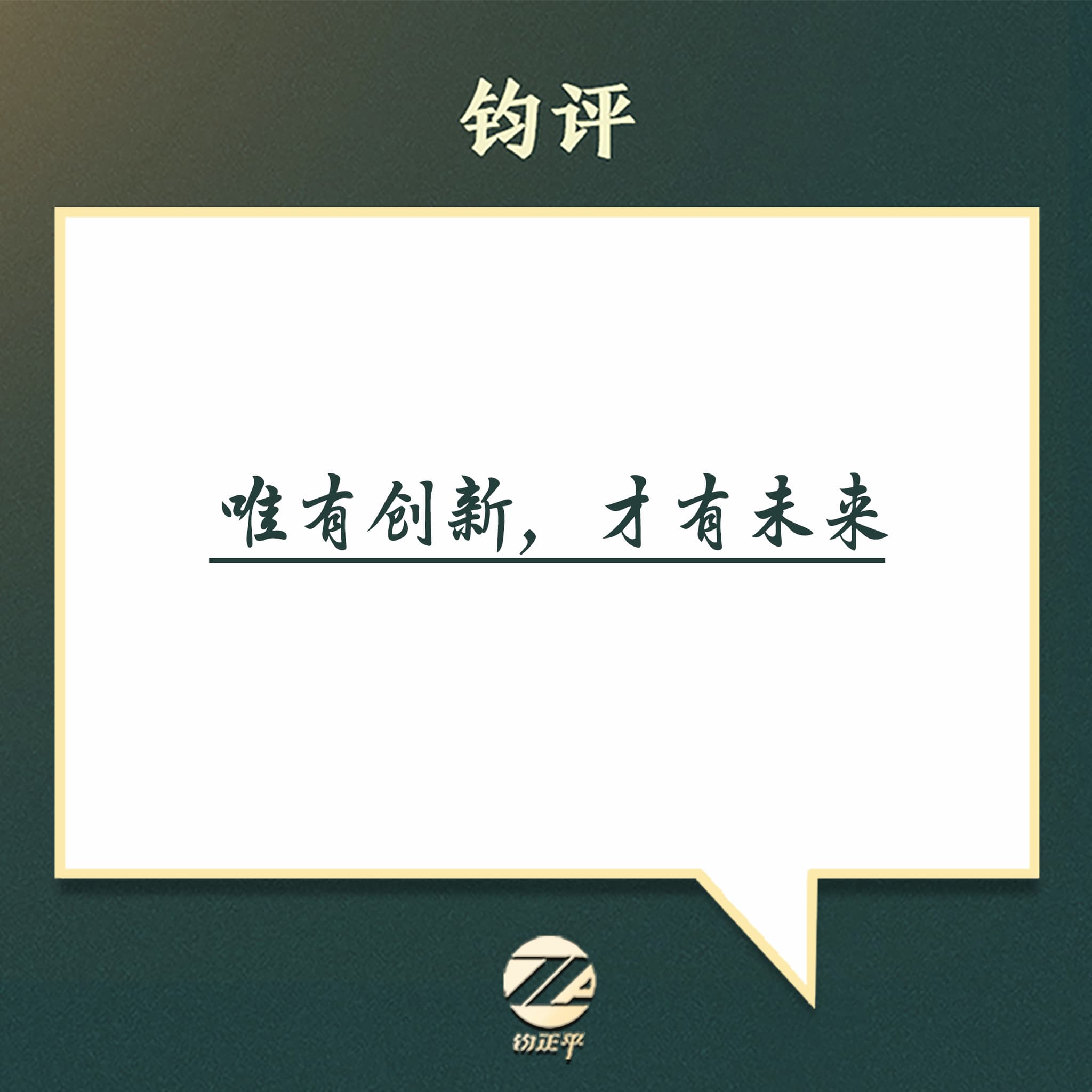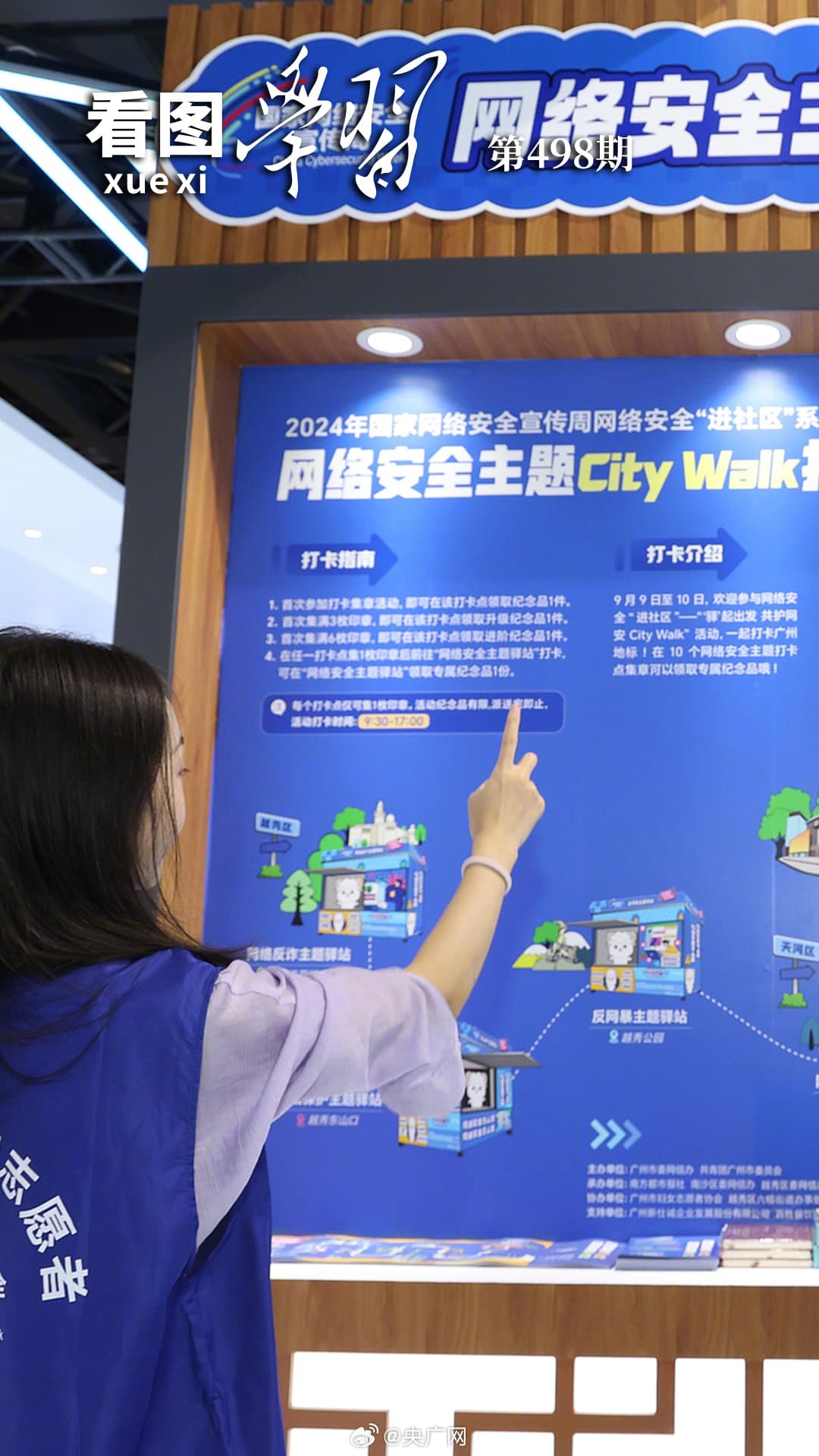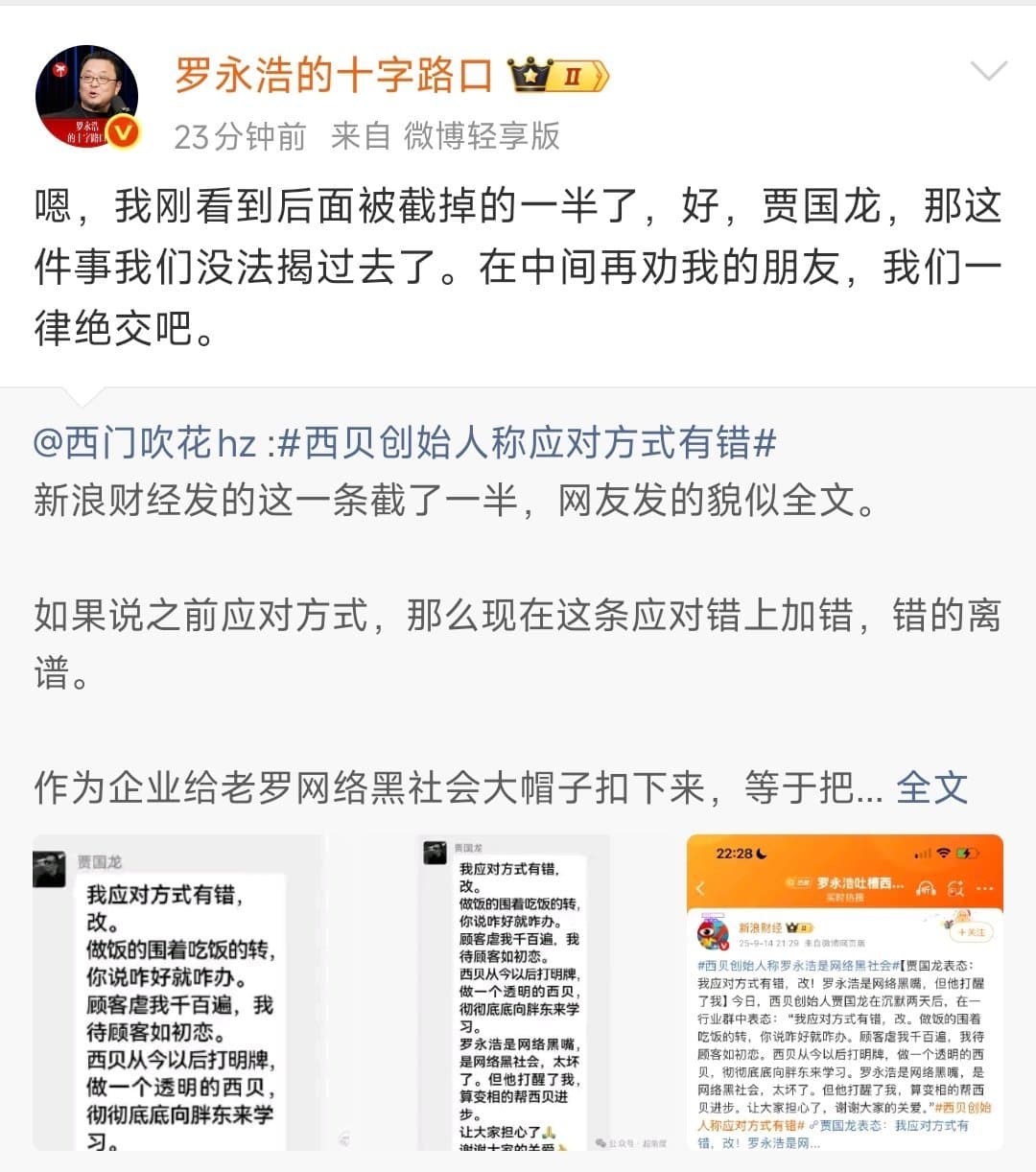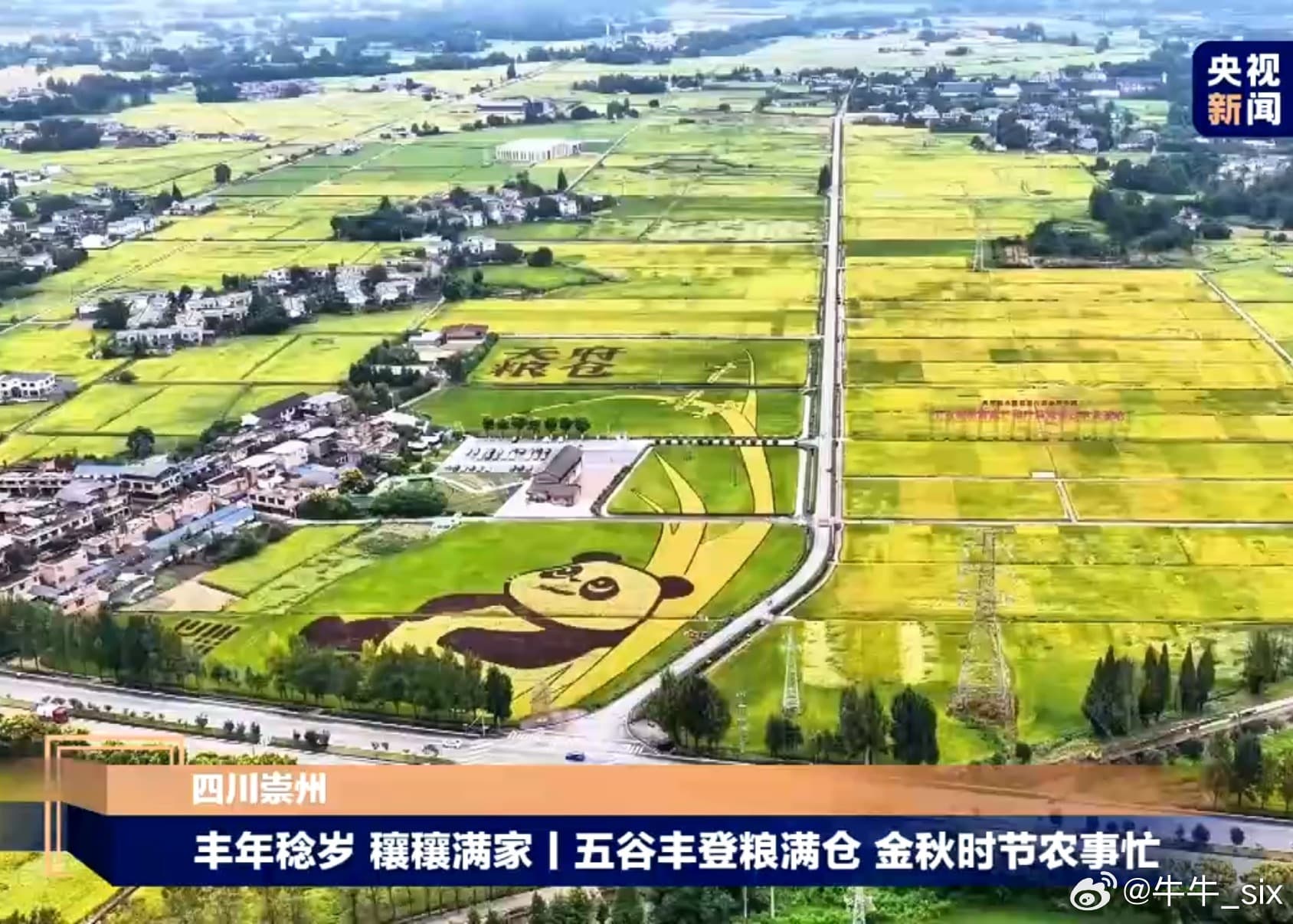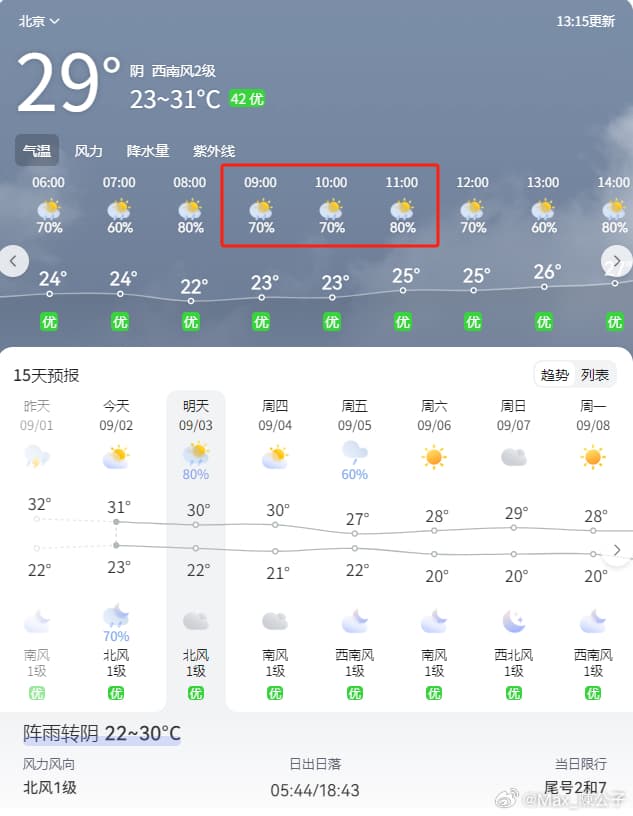High-Tech Innovation: Key to China's Economic Growth and Self-Sufficiency
During his recent visit to Anhui Province, Chinese President Xi Jinping emphasized the need for the region to leverage its unique advantages in scientific and technological innovation to drive economic growth and modernization. Xi's comments highlight the Chinese government's focus on developing a high-tech driven economy, and the crucial role that provinces like Anhui must play in this effort.
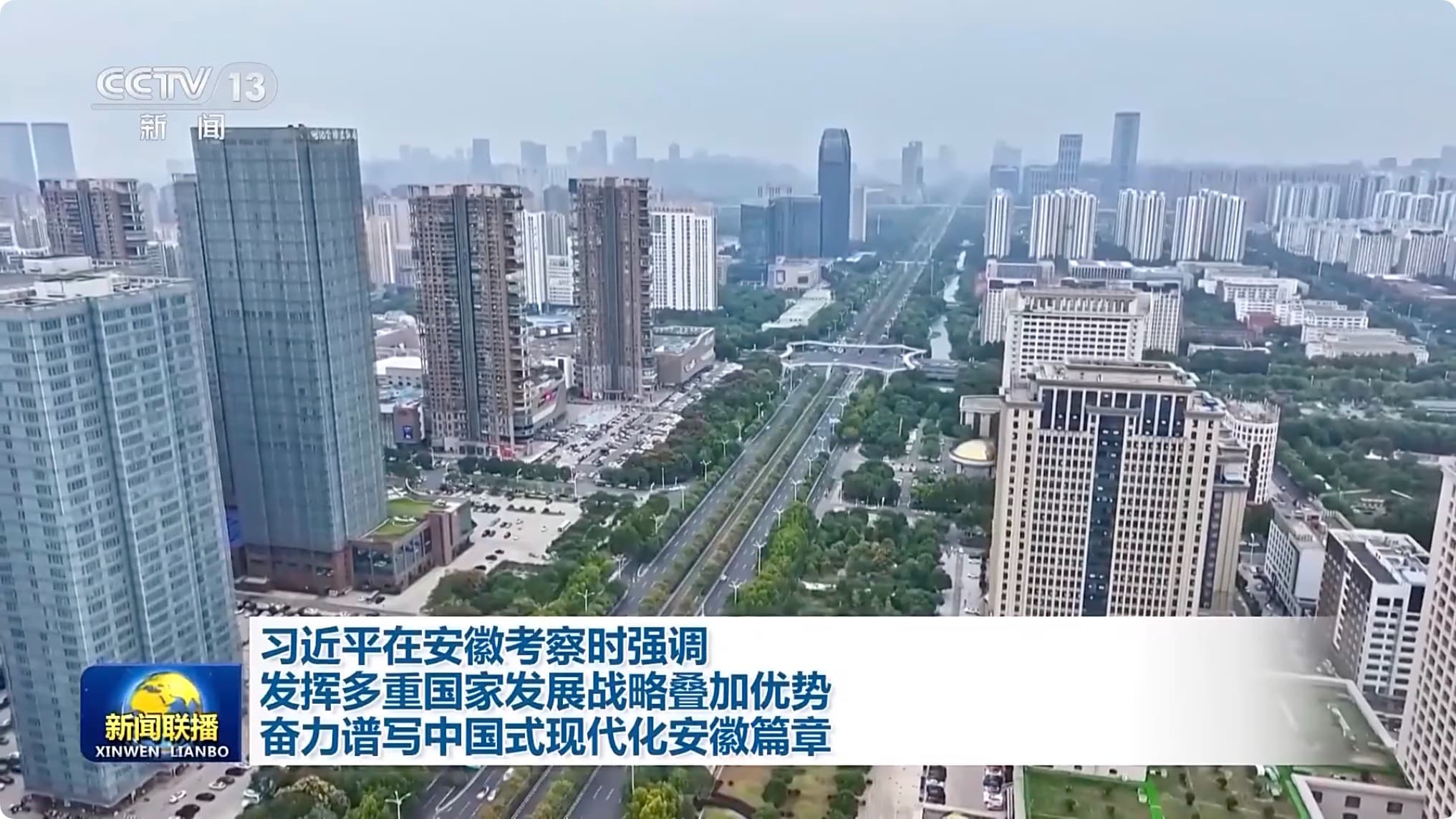
19 October 2024
According to Xi, "High-tech innovation is not something that can be begged for or bought, it must be achieved through our own strength." He emphasized the importance of scientists and researchers taking the lead in driving China's modernization efforts, and encouraged them to be bold and innovative in their work. Xi also stressed the need for Anhui to accelerate its development of high-level scientific research and technological innovation, and to build itself into a major hub for scientific and technological innovation.
Xi's visit to Anhui was part of a broader effort to promote economic growth and development in the region. During his trip, he visited various local enterprises and research institutions, and met with provincial leaders to discuss ways to boost economic growth and innovation. His comments on the importance of high-tech innovation reflect the Chinese government's broader strategy of using science and technology to drive economic growth and improve living standards.
The emphasis on high-tech innovation is also seen as a key aspect of China's efforts to reduce its reliance on foreign technology and promote self-sufficiency. By developing its own cutting-edge technologies, China hopes to reduce its dependence on foreign imports and create new opportunities for economic growth and development.
Xi's visit to Anhui is also significant because it highlights the importance of the region in China's overall development strategy. As a major hub for industry and innovation, Anhui is seen as a key driver of economic growth and modernization in China's eastern region. By promoting high-tech innovation and economic development in Anhui, the Chinese government hopes to create a model for other regions to follow and drive growth across the country.
In his remarks, President Xi Jinping emphasized that advancing Chinese-style modernization requires science and technology to take the lead, and technological innovation is the only way forward. "High-tech cannot be begged for or bought; it must be taken by our own efforts," he stressed, underscoring the need to accelerate achieving high-level technological self-reliance. Scientists and researchers are the backbone of advancing Chinese-style modernization, and they must summon the courage and determination to "seize the day" and make the most of this critical moment.
Xi Jinping also emphasized the importance of strengthening party leadership, accelerating technological innovation and industrial transformation. He highlighted the need to speed up the transformation and upgrading of traditional industries, develop strategic emerging industries, and cultivate new industries with a forward-looking approach. Additionally, he stressed the importance of building internationally competitive advanced manufacturing clusters and fostering new drivers of economic growth.
In terms of innovation, Xi Jinping stressed that high-tech is not something that can be begged for, but rather something that must be pursued through hard work and determination. He encouraged scientists and researchers to take the lead in innovation and to make breakthroughs in key areas such as artificial intelligence, biotechnology, and renewable energy. By doing so, China can accelerate its pursuit of high-level technological self-reliance and become a global leader in science and technology.
Furthermore, Xi Jinping highlighted the importance of building a modern economic system that is driven by innovation and supported by a range of factors, including finance, talent, and industry. He called for the creation of a favorable business environment that encourages entrepreneurship and innovation, and for the development of a range of new industries and new business models.
Xi Jinping also emphasized the need to further drive the integration of culture and tourism, by developing all-around tourism that transforms the industry into a pillar of the economy. By deeply exploring and tapping into the rich cultural and educational resources, as well as the tourism value inherent in the red cultural revolution, the country aims to propel the innovative transformation and development of outstanding traditional cultural heritage.
Overall, Xi Jinping's remarks emphasized the importance of strengthening party leadership, accelerating technological innovation and industrial transformation, and building a modern economic system that is driven by innovation and supported by a range of factors.
Comments

